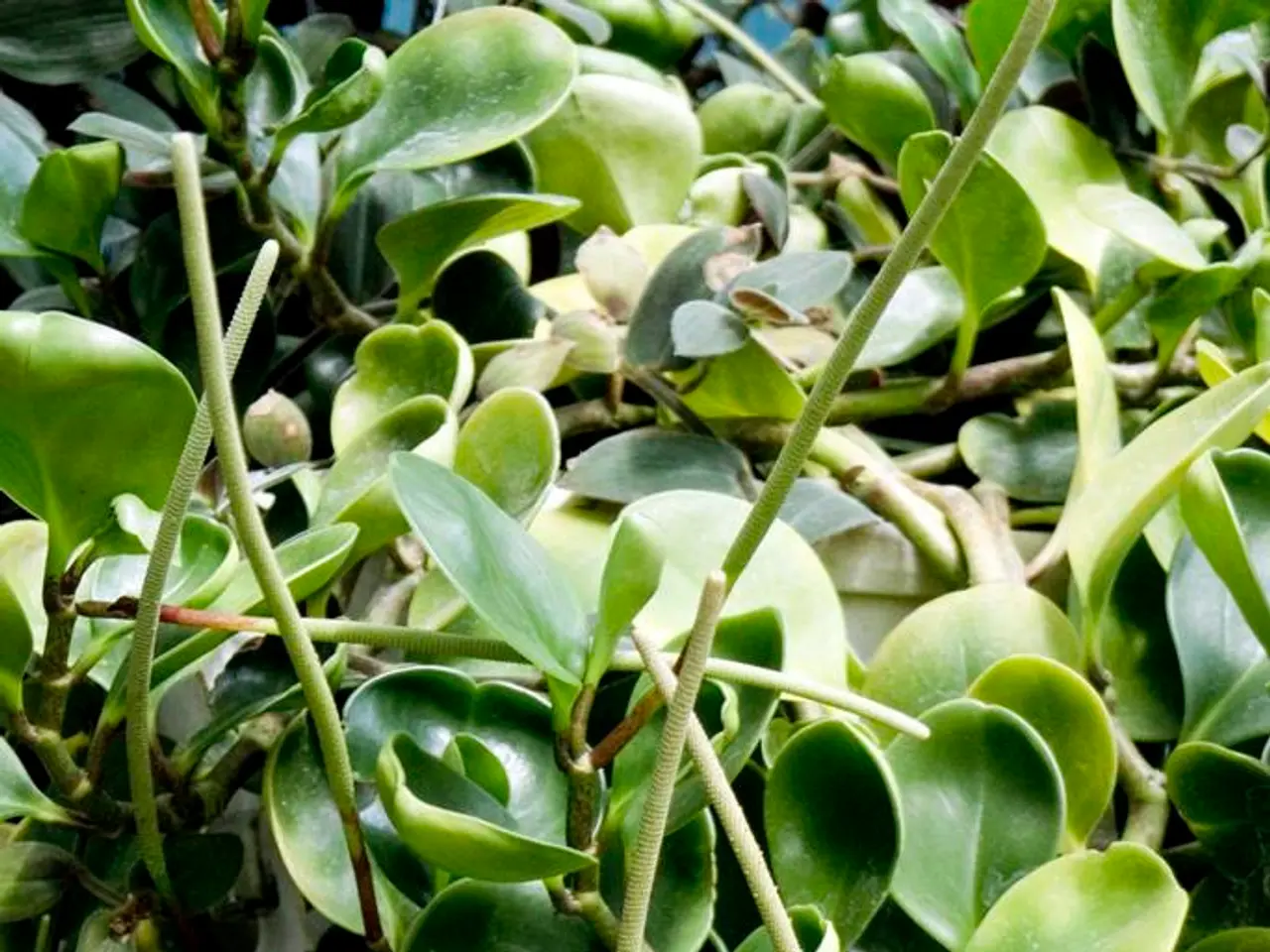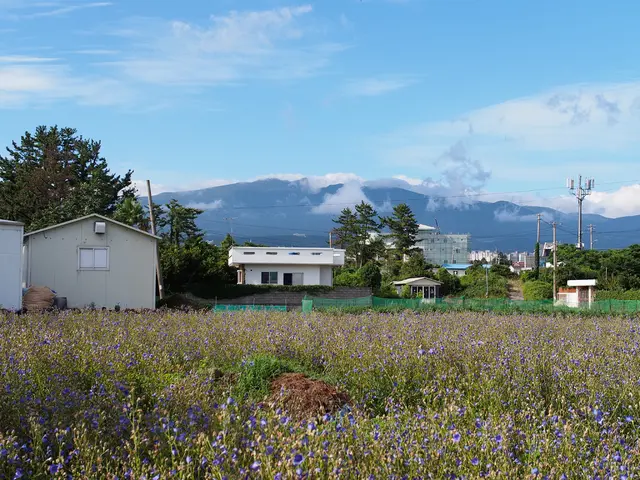PKSF's Ambitious Plan: Solar Desalination Plants to Boost Coastal Bangladesh's Safe Water Access
The Palli Karma-Sahayak Foundation (PKSF) is set to significantly improve access to safe drinking water in coastal Bangladesh. The 'Safe Water Project', funded by the 'Adaptation Fund', aims to increase potable water access from 30.3% to 95% within three years. This ambitious project will see over 500 solar-powered desalination plants installed in Satkhira, Khulna, and Bagerhat districts, benefiting around half a million people.
PKSF, which has already established 83 desalination plants in coastal regions, will employ Reverse Osmosis technology to remove dissolved salts and harmful substances from water. This process, explained by Deputy Managing Director Fazle Rabbi Sadeque Ahmed, will ensure the water is safe for consumption. The project will prioritise extreme-poor households, forest-dependent families, and marginalised rural communities.
The project was announced today in Agargaon, Dhaka, by BRAC. Mohammad Jashim Uddin, Additional Managing Director at PKSF, highlighted the organisation's commitment to providing safe drinking water in coastal districts since Cyclone Sidr in 2007. Managing Director Md Fazlul Kader noted that the lack of accessible safe drinking water forces coastal people to use saline water, leading to health issues. PKSF is installing desalination plants through a business solution with active community participation to tackle this crisis.
The 'Safe Water Project' is expected to provide safe drinking water to low-income communities in Satkhira, Khulna, and Bagerhat districts. With over 500 solar-powered desalination plants, around half a million people will directly benefit. This project is a significant step towards improving the health and well-being of coastal communities in Bangladesh.







